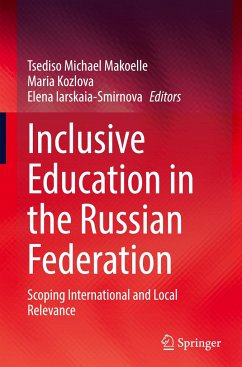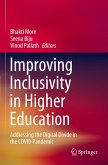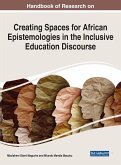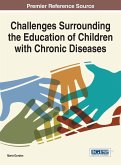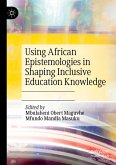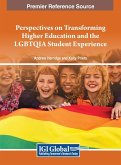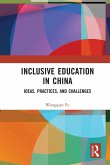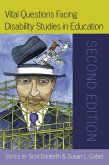Marketing text:
This book provides the first evidence-based accounts of inclusive education in a Russian context. It explores the critical educational changes in the Russian Federation within the post-soviet space and internationally. The book analyzes the transformation of educational practices as Russia transitions from an educational model of student support with an emphasis on disability to a broader conceptualization of inclusive education.
Among others, this book discusses inclusive education in the context of:
- School and preschool institutions;
- higher education institutions;
- non-Russian-speaking children and children with migration experience;
- culture-sensitive education;
- indigenous minorities;
- technological and methodological support;
- the role of stakeholders such as NGOs, parents, and other social groups;
- teacher preparation and professional development.
This book is intended for teachers, inclusive education coordinators, principals and school managers, policymakers, teacher educators, scholars of inclusion, and university professors, along with community organizations and students of inclusive courses in a Master in Education.
This book provides the first evidence-based accounts of inclusive education in a Russian context. It explores the critical educational changes in the Russian Federation within the post-soviet space and internationally. The book analyzes the transformation of educational practices as Russia transitions from an educational model of student support with an emphasis on disability to a broader conceptualization of inclusive education.
Among others, this book discusses inclusive education in the context of:
- School and preschool institutions;
- higher education institutions;
- non-Russian-speaking children and children with migration experience;
- culture-sensitive education;
- indigenous minorities;
- technological and methodological support;
- the role of stakeholders such as NGOs, parents, and other social groups;
- teacher preparation and professional development.
This book is intended for teachers, inclusive education coordinators, principals and school managers, policymakers, teacher educators, scholars of inclusion, and university professors, along with community organizations and students of inclusive courses in a Master in Education.

